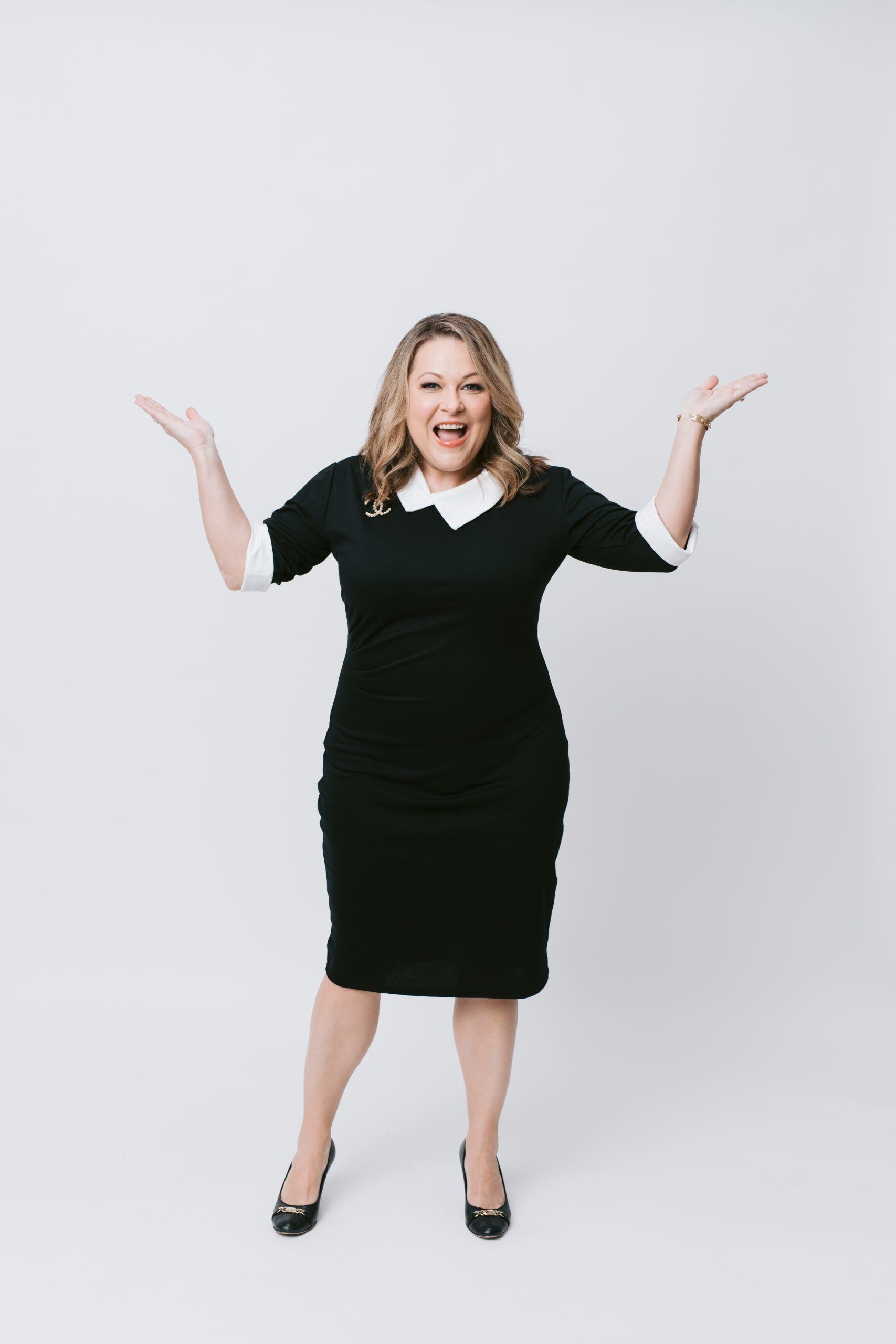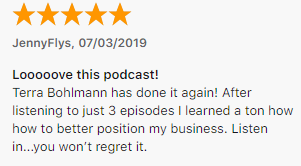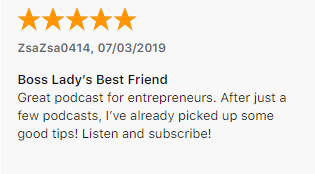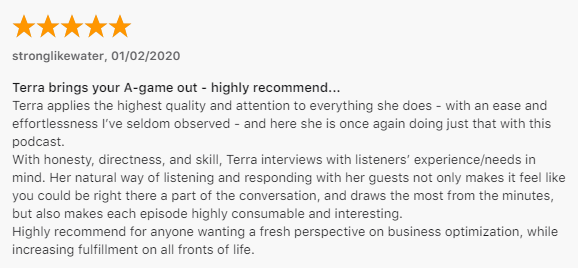The Fast-Track Woman Podcast: Episode #43
Become a Money Magnet with Denise Duffield-Thomas
Click the Play Button + Listen Below.
Meet Podcast Guest, Denise Duffield-Thomas
Denise Duffield-Thomas is the money mentor for the new wave of online entrepreneurs who want to make money and change the world. She helps women charge premium prices, release the fear of money and create First Class lives.
Her books Lucky Bitch, Get Rich, Lucky Bitch, and Chillpreneur give a fresh and funny roadmap to living a life of abundance without burnout.
Her Money Bootcamp has helped over 6,000 students.
She’s a lazy introvert, a Hay House author and an unbusy mother of 3. She owns a rose farm and lives by the beach in sunny Australia.

About this Podcast Episode.

In this episode, Terra Bohlmann interviews Denise Duffield-Thomas, a money mentor for the new wave of online entrepreneurs who want to make money and change the world. She helps women charge premium prices, release the fear of money, and create First Class lives. She is the author of "Lucky Bitch", "Get Rich, Lucky Bitch", and "Chillpreneur" where she gives a fresh and funny roadmap to living a life of abundance without burnout. Denise is a self-proclaimed "lazy introvert", a Hay House author and an unbusy mother of 3 who owns a rose farm and lives by the beach in sunny Australia. Her Money Bootcamp has helped over 6,000 students world-wide. Terra and Denise chat about why women entrepreneurs struggle with charging their value. You'll love this candid conversation about all things money, business, and women entrepreneurs.
Resources, Tools, and Links Mentioned in this Episode.
- https://www.denisedt.com/
- Apply for your complimentary Fast-Track Session with Terra HERE.
Read and Download the Transcript for this Episode.
Interact More with the Podcast.
Great Reviews Make My Heart Sing.

Much appreciation from one happy Podcast Host!
Are you subscribed to my podcast?
If you’re not, you should subscribe so you never miss an episode.
And...I invite you to take it a step further + leave a 5-Star review.
To give a review, click the image and select “Ratings and Reviews” and “Write a Review” on iTunes.
Share a takeaway what you learned and let other women entrepreneurs know why they should listen to the podcast.
Reviews help other women entrepreneurs find my podcast and I truly enjoy reading them.
It takes a community of like-minded women to help other like-minded women succeed.
(Oh, by the way, I love to do shout-outs on future episodes and you just may hear your name!)



